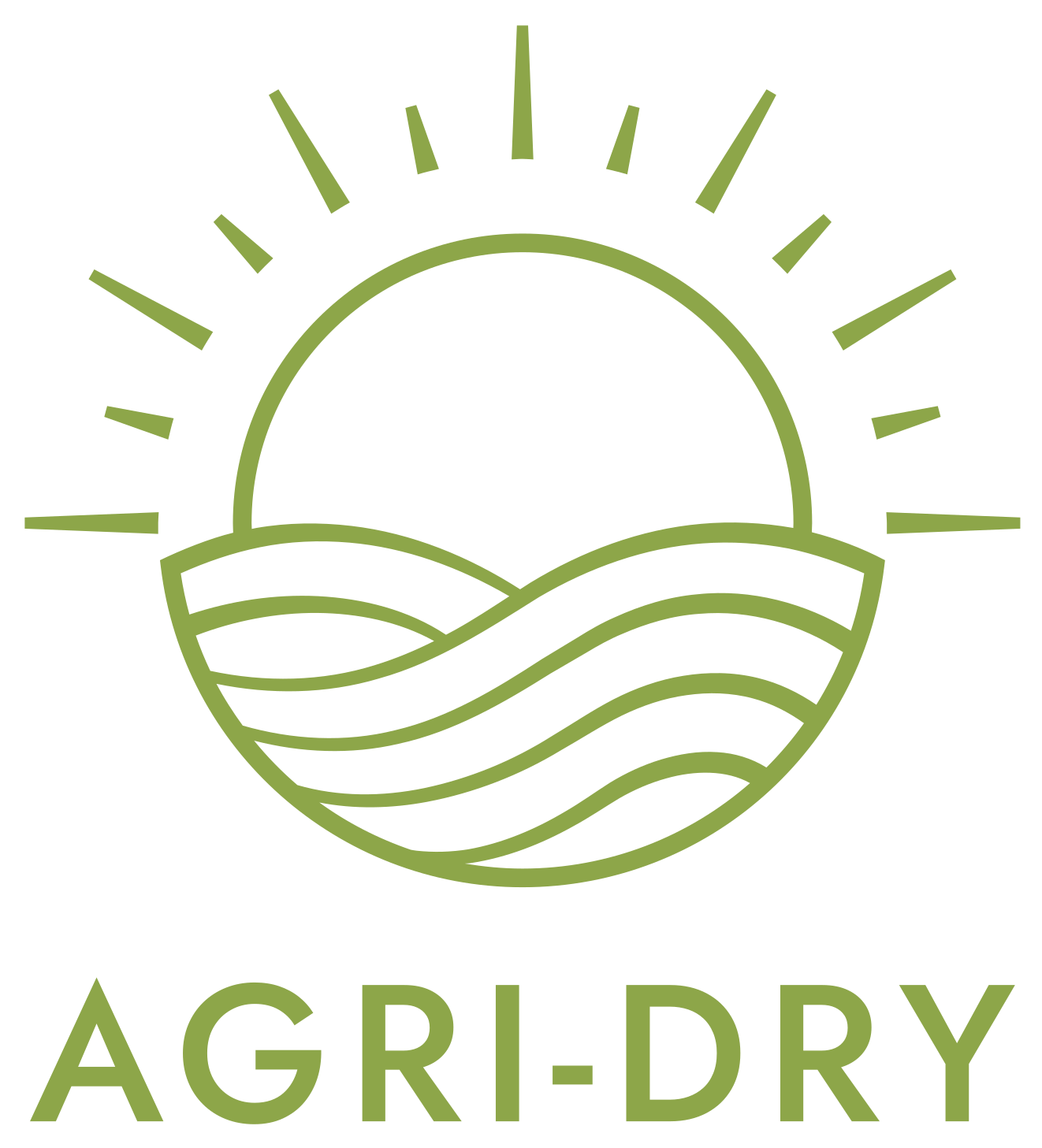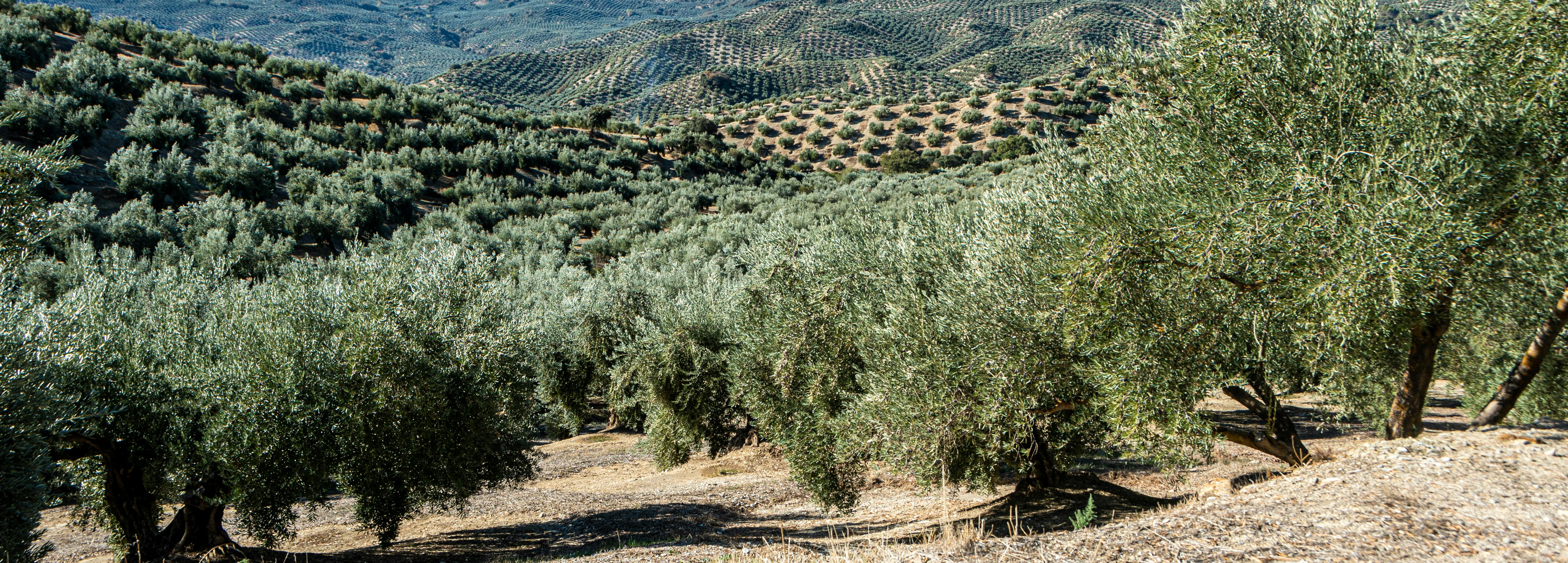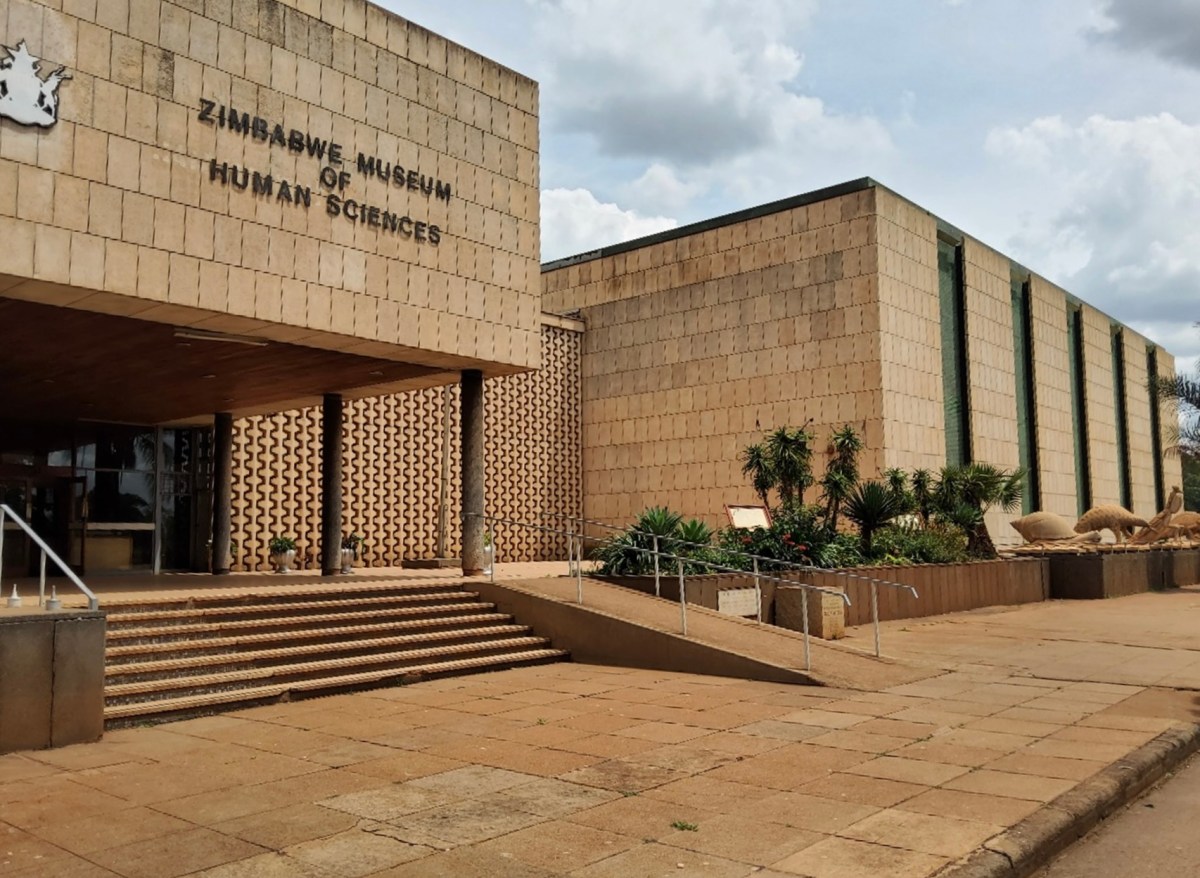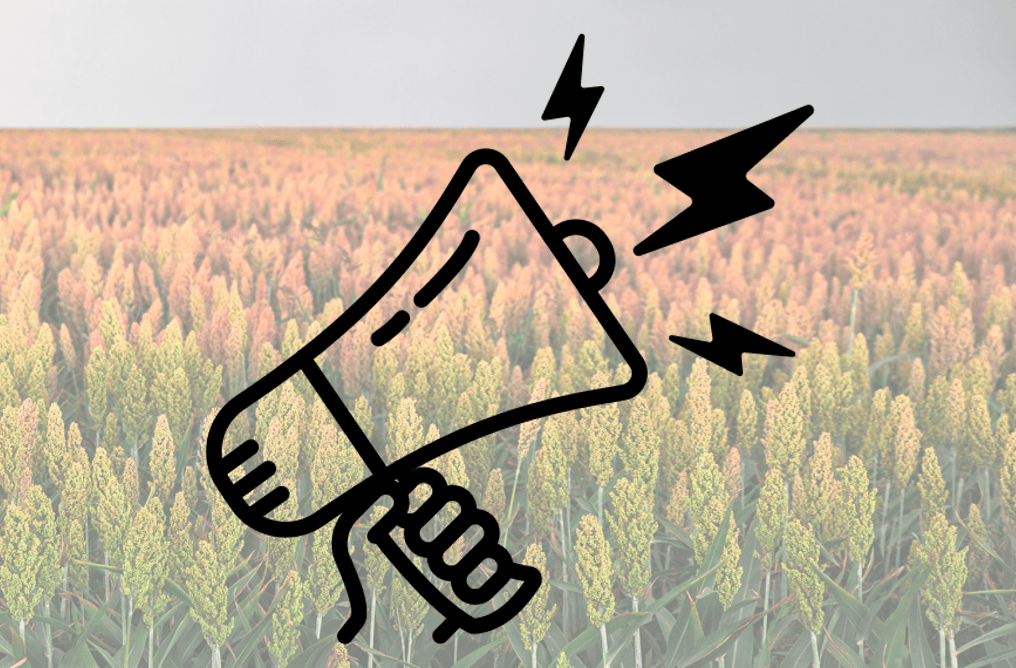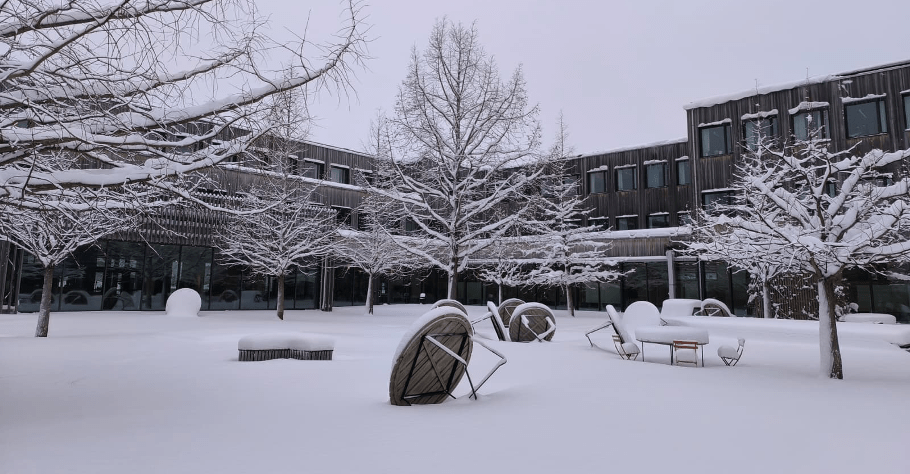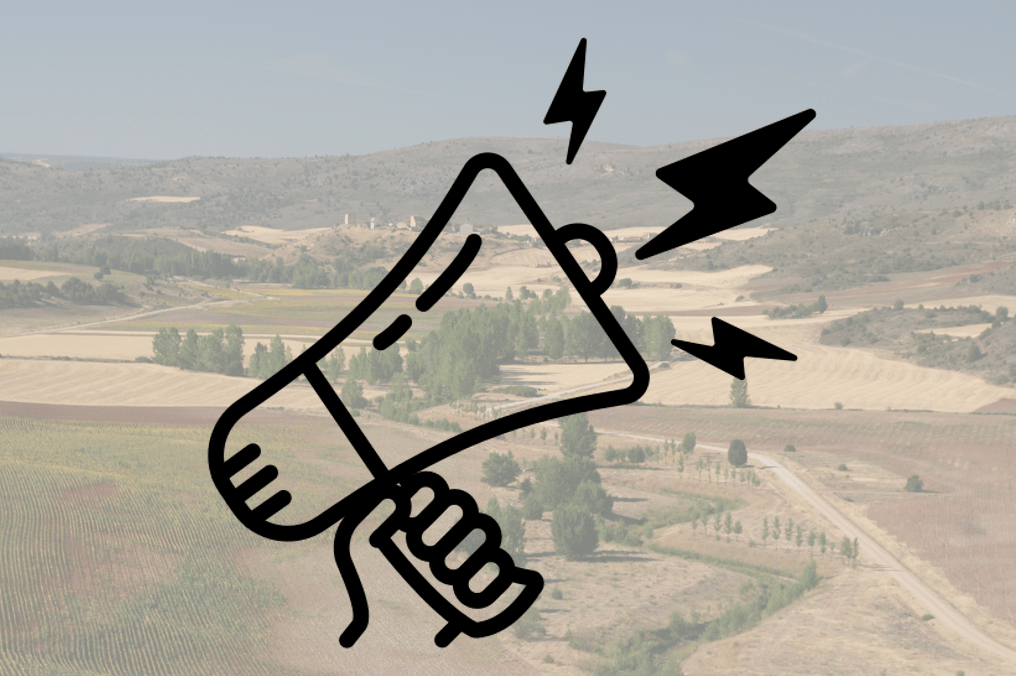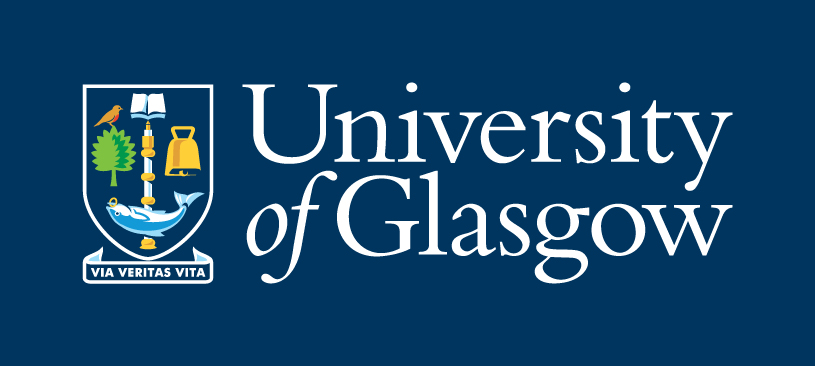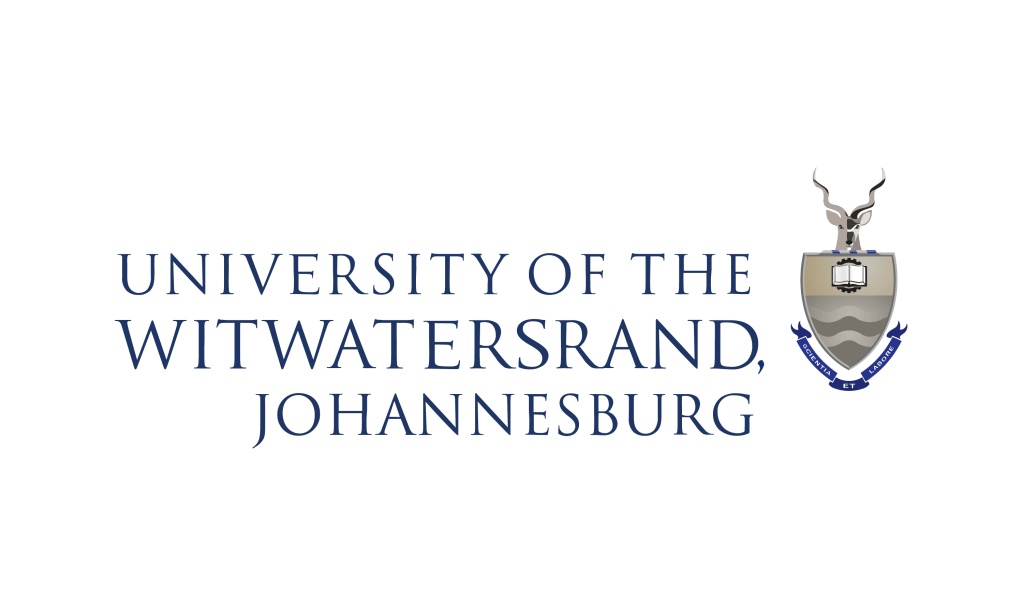From Archives to Excavations: Preparing for Archaeological Research at Ziwa
Written by – Tawanda Mushweshwe On 7 January 2026, I visited the National Museums and Monuments of Zimbabwe (NMMZ) Headquarters in Harare as part of my preparations for the upcoming…
